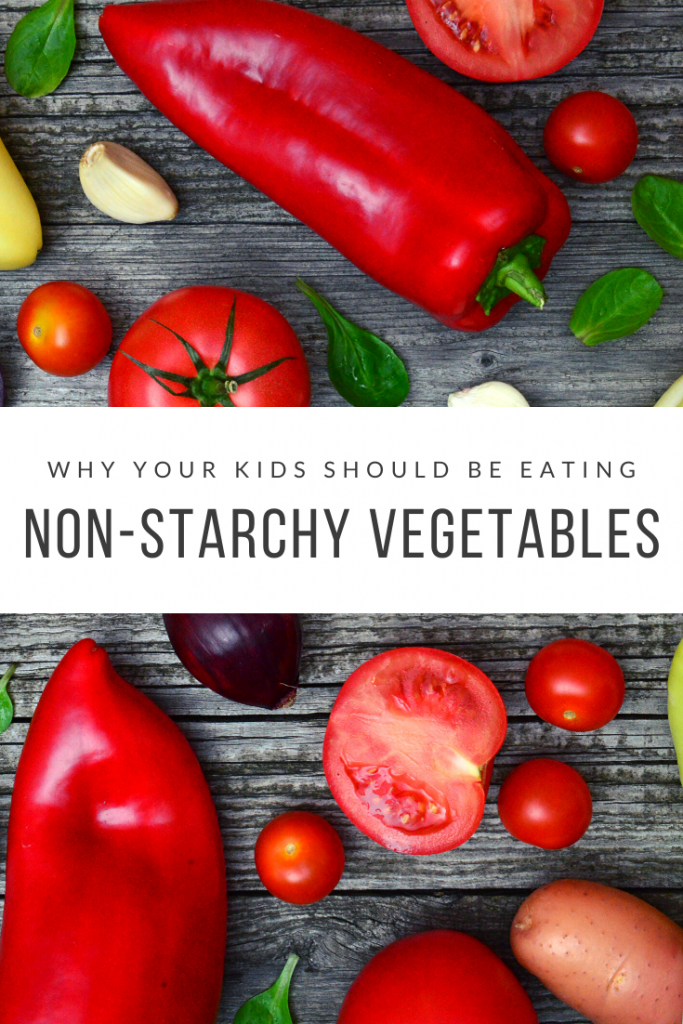Dietitians recommend eating a wide range of vegetables daily. If possible, you should include vegetables in all of your kid’s meals. Vegetables are rich in vitamins that are needed to foster growth in kids. In addition, vegetables help kids stay healthy and inhibit excessive weight gain. Eating non-starchy vegetables can go a long way in protecting kids against heart diseases, some types of cancers, and stroke. For a complete list of non-starchy vegetables, we found a useful guide on 30dayfitness.app. Research has shown that these vegetables have a low calorie intake that makes them suitable for fighting obesity. This class of vegetables also contains fewer amounts of carbohydrates.

Where to Get Vegetables
Fresh vegetables are more suitable. However, other varieties such as frozen, dried, and packed vegetables are ok too. When taking packed vegetables, check the ingredients list and the amount of added sodium. Too much of added fats, salts, and sugars can expose your kids to the risk of adding excessive weight and cancer. If possible, up to half of your kids diet should be non-starchy vegetables.
Benefits of Lower Carbohydrate Vegetables
These vegetables have a couple of health benefits to our bodies. They are excellent sources of vitamins, nutrients, and minerals. They also supply our bodies with dietary fiber which fosters digestion. Some of the essential vitamins in non-starchy veg are vitamins A, C, and K.
Preventing Diabetes
Vegetables are essential to our bodies, especially in shielding us from the risk of diabetes. They work by protecting your cells and keeping your blood vessels healthy. When cells get damaged, your body is exposed to a plethora of complications. These vegetables help in maintaining low blood sugar levels. Also, vegetables have enough water to keep your body hydrated. If you have water in your body, it boosts your metabolism.

What Should You Consider When Buying and eating Non-starchy Vegetables?
Your child’s diet should be a priority. Children need certain types of foods to remain healthy and active. All vegetables and fruits should be a priority in anybody’s diet. However, there are factors to consider when purchasing these vegetables. Always ensure that you buy vegetables that are in season. You will not only save you a lot of pennies and they will taste better, but it may also reduce the carbon footprint. Vegetables produced locally have less or no amount of carbon footprint. They are fresh and tasty since less time is spent in transporting them. When they are fresh, you also can have a bit more fun cooking them since the flavor will be more powerful!
Also, consider vegetables that are produced organically. Excessive use of pesticides increases exposure to several types of cancers, infertility, asthma, and skin problems. Some vegetables, such as sweet bell peppers, celery, spinach, and cucumber, are likely to contain high levels of pesticide residue.
To avoid waste, buy vegetables that your kid can comfortably consume or consider buying frozen veggies. They have no health risk unless they have a high amount of added salts, fats, and sugars. Otherwise, frozen vegetables have enough amount of minerals and vitamins.